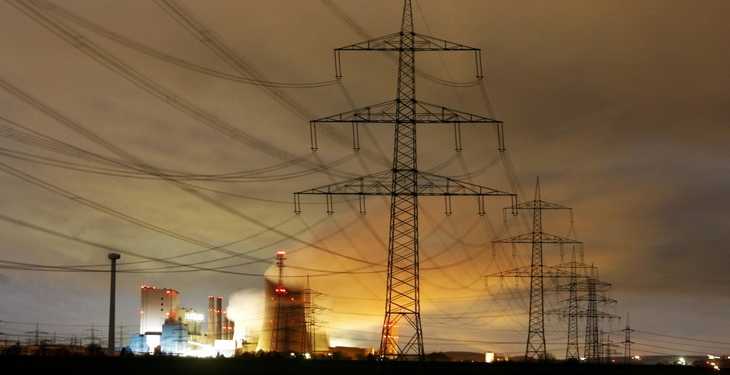The Association of Energy Suppliers of Romania – AFEER addresses the Government of Romania and Prime Minister Nicolae Ciuca with the express request to support the urgent release of the process of settlement and payment of the amounts related to the capping of energy prices owed to energy suppliers.
In a letter sent to the Prime Minister, the Minister of Energy, Virgil Popescu and the President of ANRE, Dumitru Chiriță, members of the Association of Energy Suppliers in Romania – AFEER express their deep concern about the future of electricity and gas suppliers, in an approach that is a call for maximum urgency, supported by the members of the association, which claim major financial problems.
“After 7 months from the entry into force of the provisions on compensation, exemption and capping of energy prices (electricity and natural gas), some of the Romanian state institutions continue to violate the law, which severely affects the activity of suppliers, with negative effects across the energy chain, from producer to consumer.
“In the context of explosive increases in electricity and natural gas prices, AFEER has considered, since the beginning of the energy crisis, that measures to support both domestic and non-domestic consumers are absolutely necessary.
“The association warned that the legislation introducing these measures must be clear, with well-defined deadlines, responsibilities and penalties for all parties involved so that it can be enforced without causing losses to suppliers and without affecting energy companies,” said AFEER officials.
They say that the suppliers have had to face tough additional pressures, through their own financial efforts or supported either by the shareholders or by bank loans, thus crediting the subsidy scheme through the cap-off system.
“Unfortunately, some state institutions do not fulfill their responsibilities in accordance with the incident legislation. The settlement process related to the compensation of energy bills of household consumers, a process carried out by the Ministry of Labor and ANPIS, is fully functional, the settlements being made within the deadlines provided in the legislation. But the amounts related to compensation represent only a small part of the aid scheme introduced by GEO 118/2021. Unfortunately, after 7 months from the entry into force of the first legislation in this regard, the process of settling the amounts related to the capping still does not work,” say the representatives of the suppliers.
“The amounts necessary to cover the differences resulting from the application of the ceilings are very large, so far being fully supported from own funds of the suppliers or their shareholders and from bank loans committed to them. Delaying the payment of these amounts to suppliers will have a significant impact on the entire energy system, with major consequences for the entire electricity and gas market, due to the impossibility of suppliers to make payments upstream, respectively to producers and transmission and distribution operators, but also to the state budget. Given that banks, by overcoming exposures, are increasingly reluctant to lend to suppliers, we expect a number of suppliers to cease operations in the near future,” said Laurențiu Urluescu, President of AFEER.
“We draw attention to the fact that the disappearance of any supplier could cause an equally high risk for other market participants, by interrupting payments in the commercial chain. Customers of the outgoing supplier should be taken over from the last resort provider’s portfolio at that time, which involves both possible higher prices for those customers and additional pressure for the last resort provider. In the event of the cessation of the activity of several suppliers in a short period of time, we can witness a domino effect, in which even the suppliers of last resort, in their succession according to the monthly list defined by ANRE, cannot cover the entire consumption needs of new customers, either due to unavailability of quantities for purchase (low liquidity) or for financial reasons. Also, the high exposure of banks in the field of energy leads to major difficulties in financing new investments, the number of potential signatories of Investment PPA decreasing considerably.”
